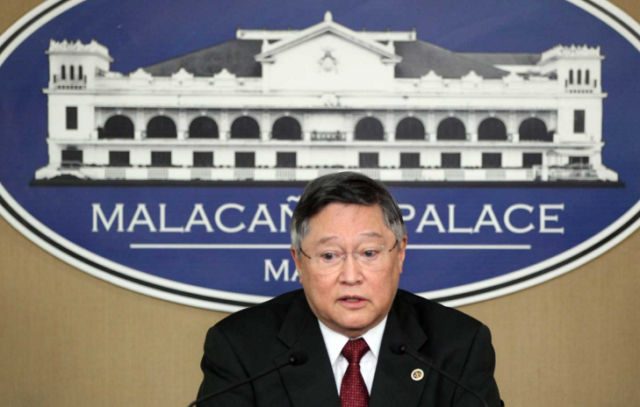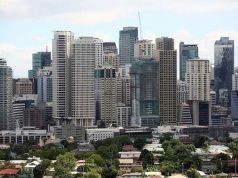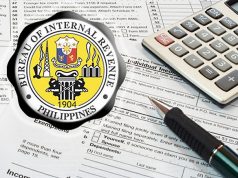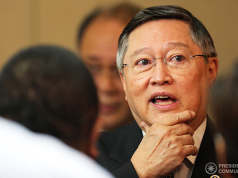
MANILA – The Philippines’ maiden sale of renminbi-denominated debt — or “panda bonds” — will be moved to the first quarter next year, the Finance chief said, as the government awaits approval by China’s central bank.
“Bu[reau] of [the] Treasury is awaiting final approval from the People’s Bank of China so the schedule for issuance has been moved to first quarter,” Finance Secretary Carlos G. Dominguez III said in a Viber message to reporters on Wednesday.
The government had initially targeted the sale for October or November.
“Similar to other fund-raising activities, panda bond offering is subject to favorable market conditions in the onshore RMB market and provides competitive pricing compared to other funding options,” said Mr. Dominguez.
He had earlier cited plans to raise $200 million from yuan-denominated securities that could involve three- and five-year tenors.
The Philippine government has tapped the Bank of China as the lead underwriter for the offshore bond sale in an agreement signed by both parties on Nov. 17.
GLOBAL BONDS TOO
Mr. Dominguez also said that the planned dollar-denominated Republic of the Philippines (RoP) global bond sale will also likely take place in the same quarter.
“The RoP is on track for its usual start-of-the-year USD bond sale,” he said, adding that the amount “is still to be determined.”
National Treasurer Rosalia V. de Leon had said in September that the government plans to raise $1 billion from the second global bond sale under this administration, after it generated $500 million in new money from 25-year papers sold in January.
The said bond sale will be under the P176.269-billion external financing program for next year — which is about 20% of 2018’s P888.227-billion total borrowing plan. Next year’s total borrowing plan, in turn, is 22.05% more than the upwardly adjusted P727.74-billion gross borrowings programmed for 2017.
The government is pushing higher taxes — partly through a five-package reform program that seeks to shift the tax burden to those who can afford it — in order to help finance, including through borrowings, an ambitious P8.44-trillion infrastructure development plan that stretches till 2022, when President Rodrigo R. Duterte ends his six-year term.
The government targets to spur state spending on infrastructure projects to P1.899 trillion — equivalent to 7.45% of gross domestic product (GDP) — in 2022 from a programmed P847.22 billion, or 5.32% of GDP, this year.
Accelerated infrastructure development is supposed to facilitate expansion of economic activity. The government now targets GDP growth to average 7-8% up to 2022 from a 6.2% average in 2010-2015. GDP grew by 6.9% in 2016, and has averaged 6.7% in the first three quarters against a 6.5-7.5% official target for the entire 2017.
Faster GDP growth is supposed to spur per-capita income to $5,000 in 2022 from $3,550 in 2015 and cut poverty incidence to 13-15% from 21.6% in the same period, partly by slashing unemployment rate to 3-5% in 2022 from 2016’s 5.5%.









